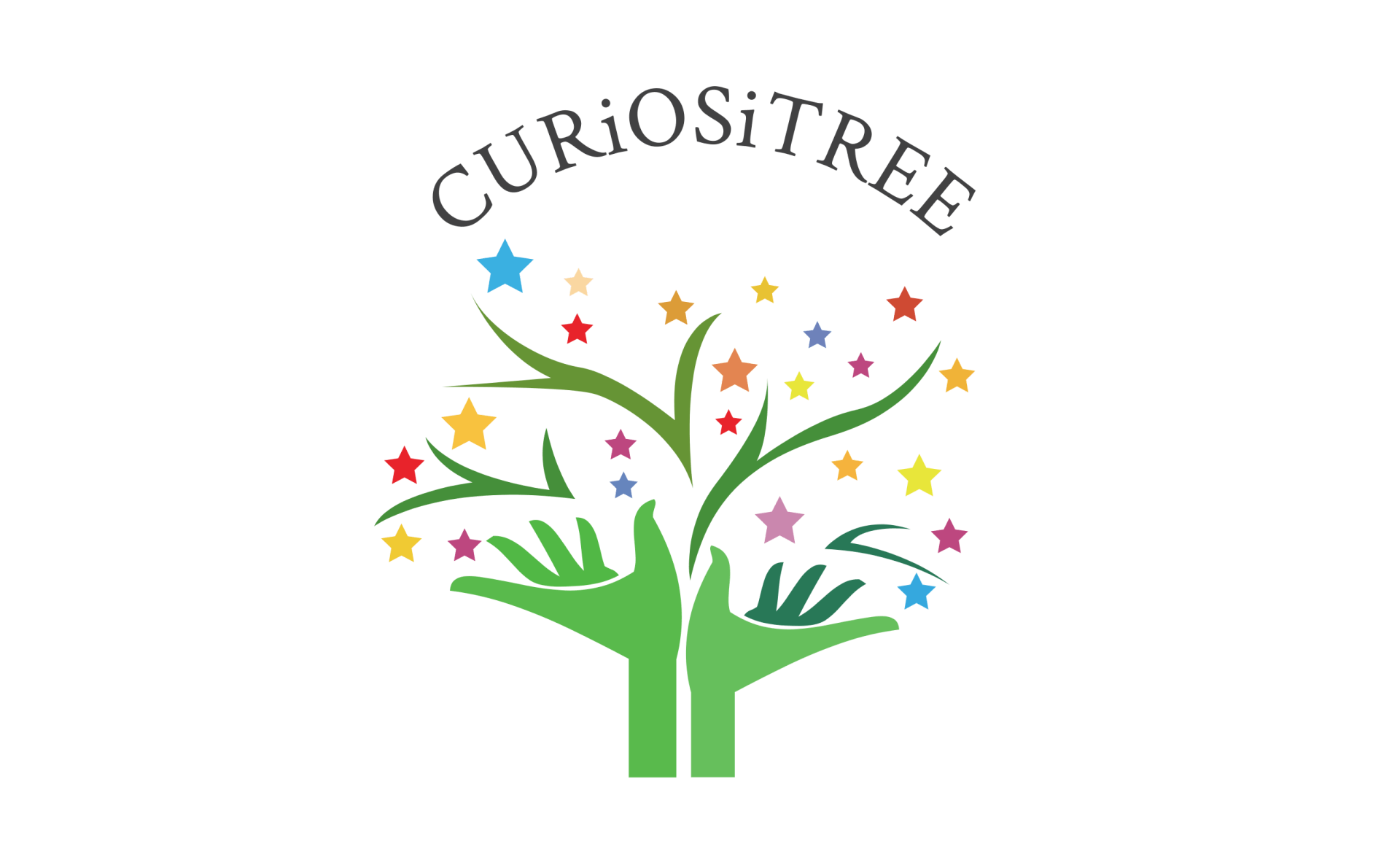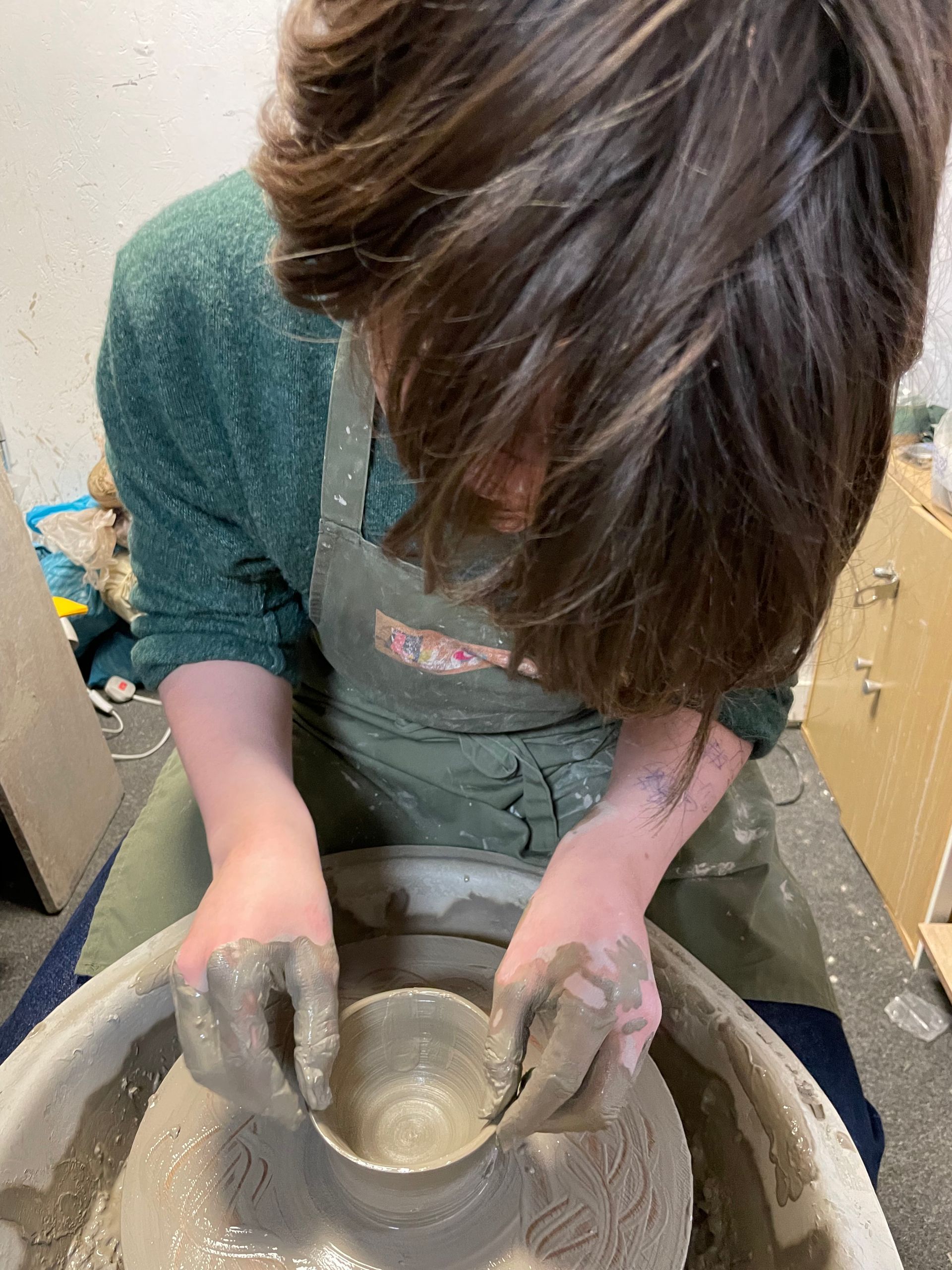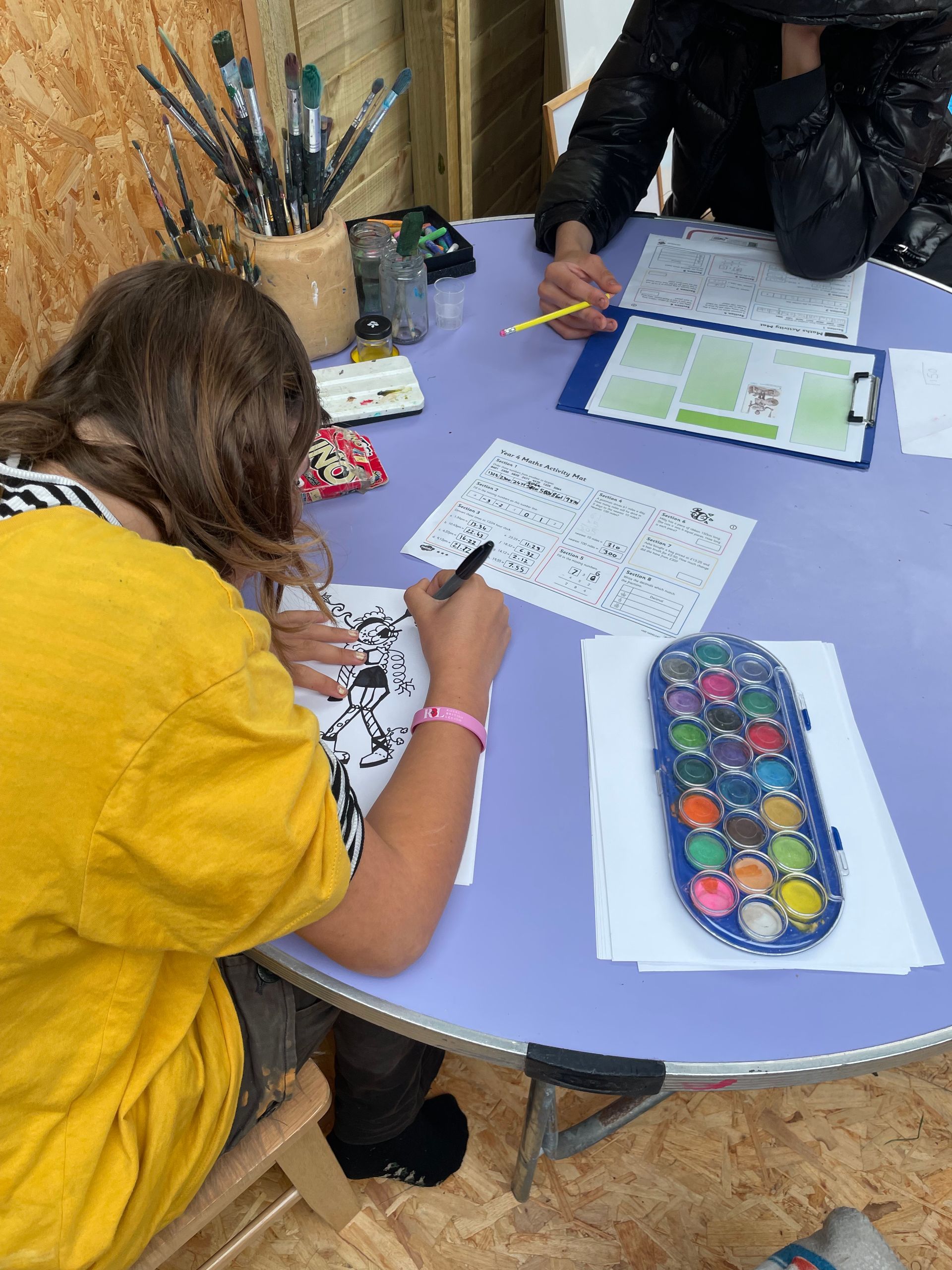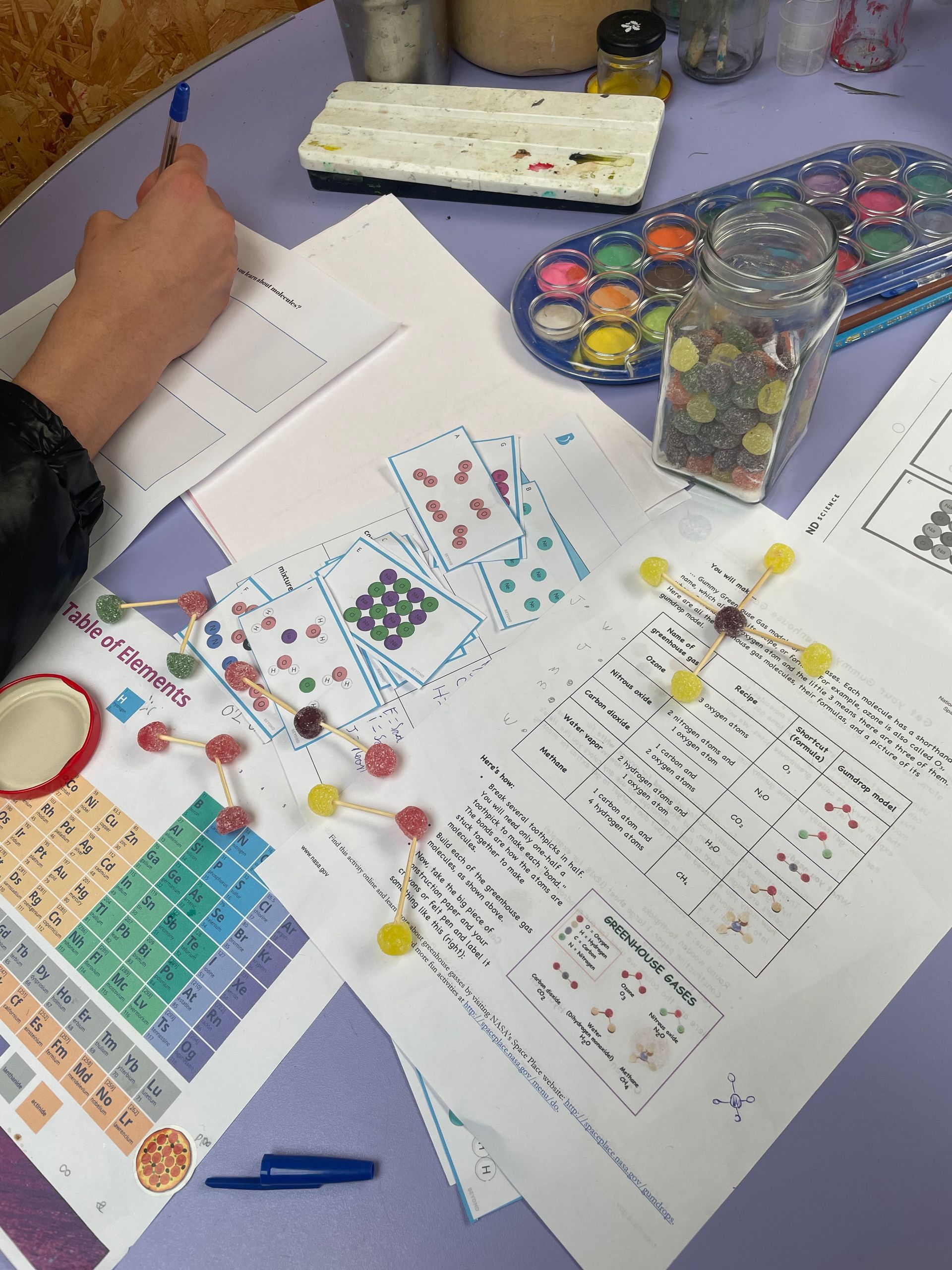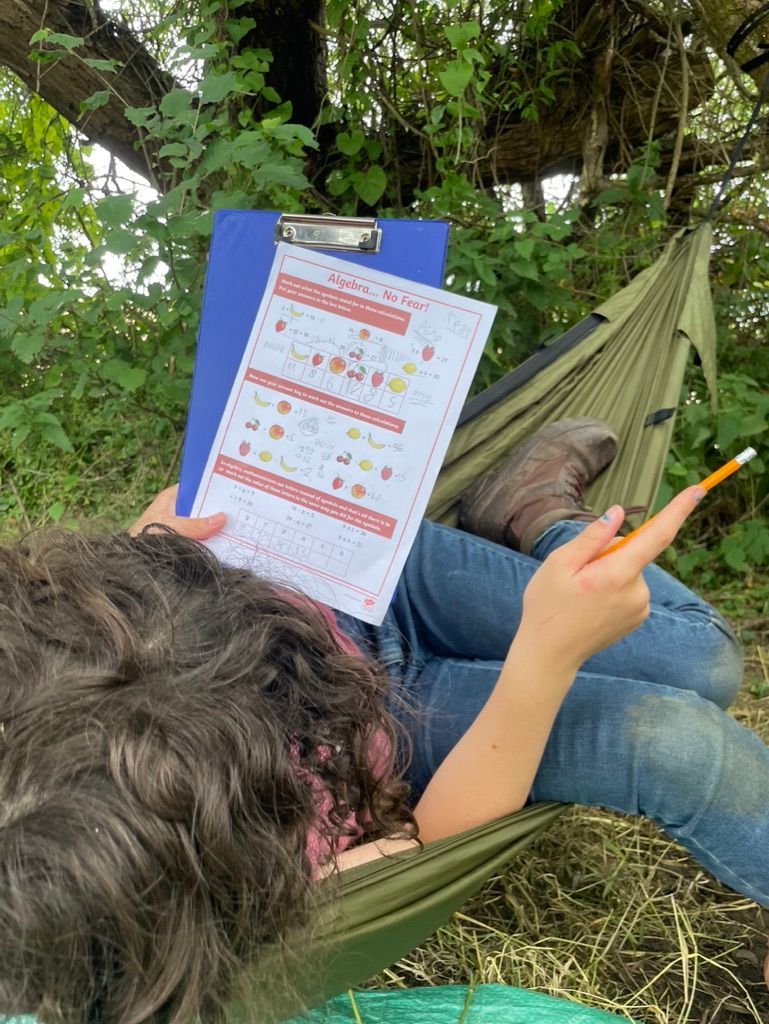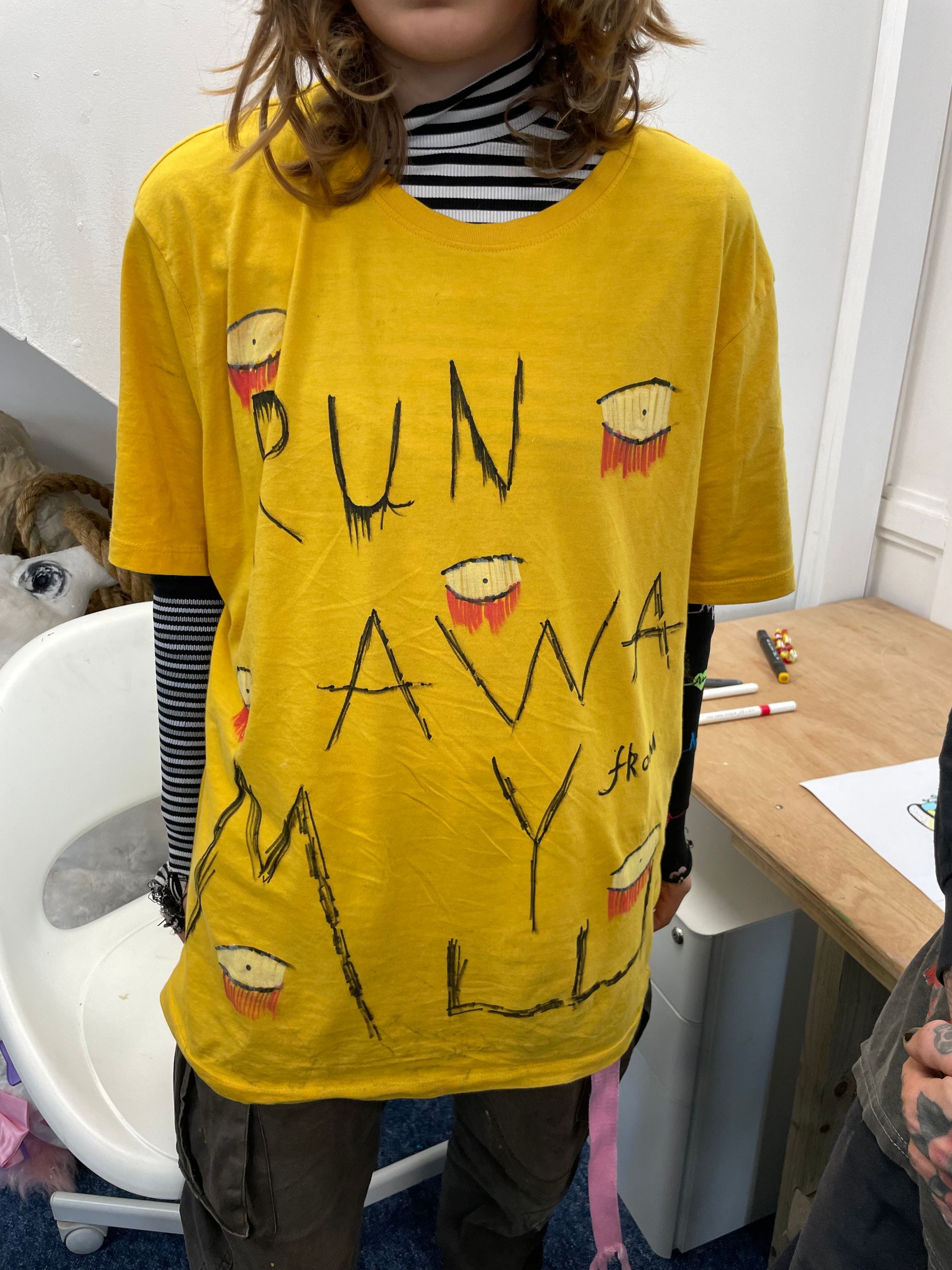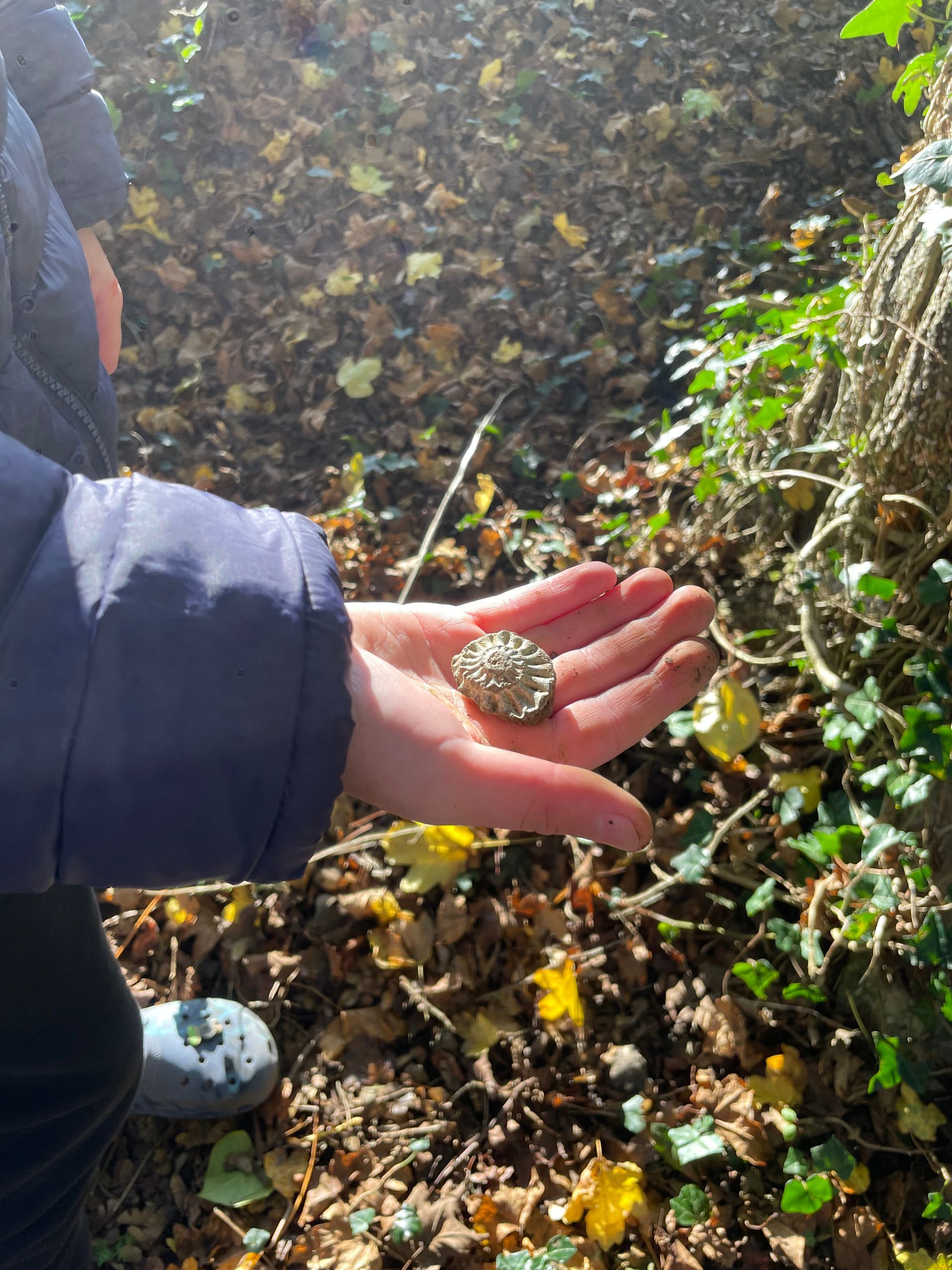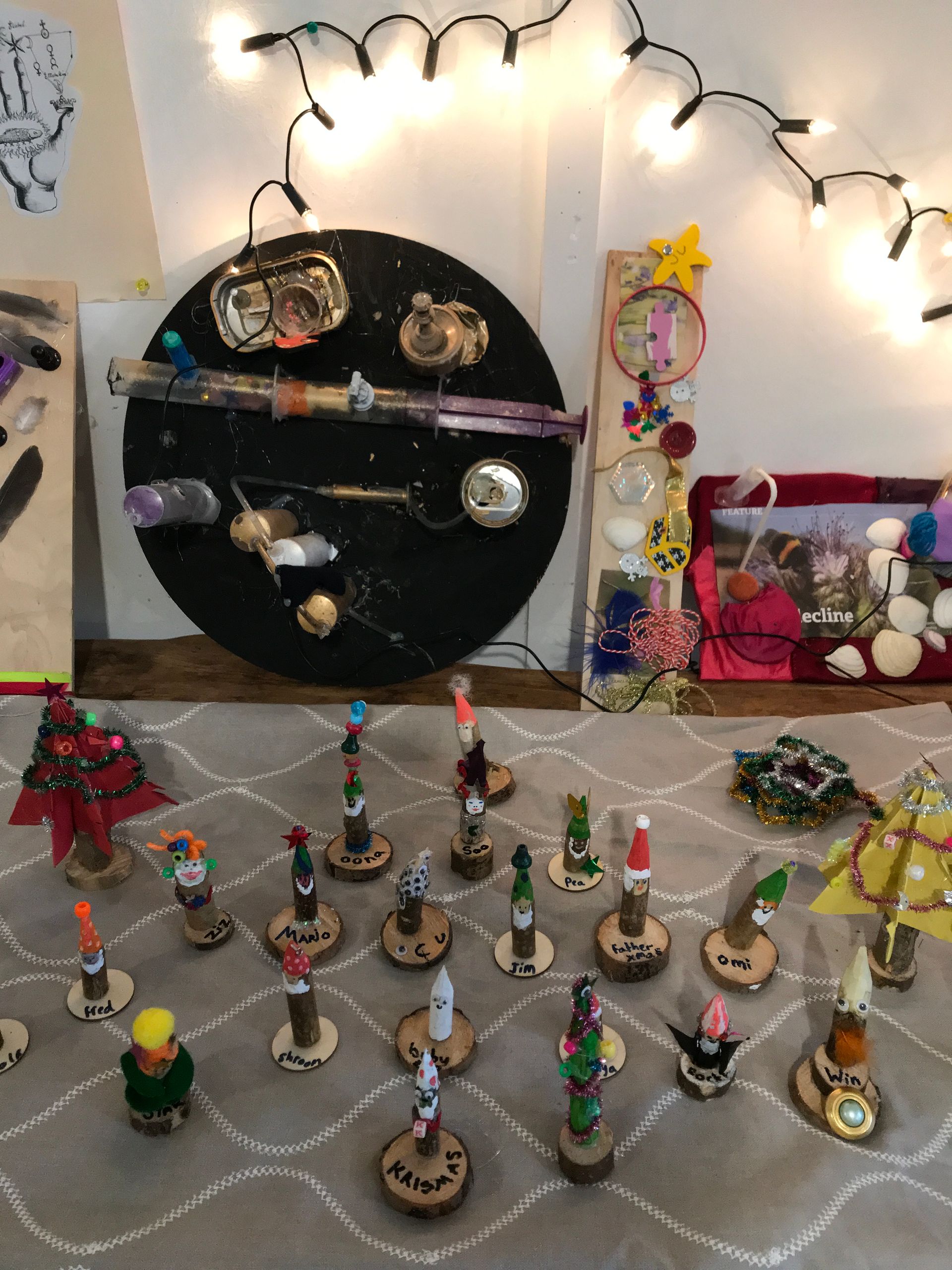SCHOOL of CURIOSITY
Therapeutic Education for 8-16 year olds
"It's really helped them come out of their shell...and finally not scared of Maths!"
Parent, February 2025
"It's the highlight of their week!"
Parent, February 2025
"School of Curiosity has nurtured my child through severe burnout, helping him rediscover himself at his own pace."
Parent, February 2025
"Angela has helped him become a confident child who actually enjoys going to school now!"
Parent, February 2025
"He has gained confidence and fostered new relationships that have become deeply meaningful to him. He loves his time with you all so much."
Parent, February 2025
For availability of places
contact Angela 07906330697
Find us: Field Mouse Meadow
https://what3words.com/clubbing.courier.mushroom
(copy this into your search engine and follow directions)
Holistic learning through creativity, collaboration and kindness.
Policies
Registration form BELOW ⬇️
5 - 7 week terms in line with schools
8 - 16 years
Monday 10-3pm @ Field Mouse Meadow BA32XP and Old Printworks, Radstock BA33HA
Tuesday 10-3pm @ Field Mouse Meadow BA32XP and Old Printworks, Radstock BA33HA
Wednesday 10-3pm @ Field Mouse Meadow BA32XP and Old Printworks,
Radstock, BA33HA
Thursdays 10-3pm @ Field Mouse Meadow BA32XP and Old Printworks,
Radstock, BA33HA
Drop-off 10am and pick up 3pm prompt!
Term dates 2025
Term 1 8 September to 24 October
Term 2 3 November to 17 December
Term 3 6 January to 11 February
Term 4 23 February to 26 March
Term 5 20 April to 20 May
Term 6 8 June to 15 July
Honesty Box:
Cost to EHE parents per day for 6/7 week terms:
@ £270 (£45 per day - unwaged)
@£300 (£55 per day - concession)
@£360 (£65 per day - with regular income)
Cost for EOTAS, EHCP, LA, organisations:
£190 - £260 per day (may include 1-to-1 and/or transport)
REGISTRATION FORM at the very BOTTOM of the PAGE
Who
Children and young people from 8-16 years old (Key Stage 2/3/4)
With or without EHCP.
Home-educated children.
Schools unable to meet the needs of pupils.
ASD, ADHD, school-trauma friendly.
Flexi-schooling - child stays on role in original setting.
One-to-one or
Small group 2-6 children/young people.
When
Mondays KS 2/3
Tuesdays KS 3/4
Wednesday KS 2/3/4
Thursdays KS 2/3/4
Times 10-3pm
How
Transport can be arranged as part of EOTAS/EHCP/parent-funded package.
Good bus links on A37 with 10 minute walk.
Costs
LA, EOTAS, EHCP, school and private funding accepted.
See above.
School of Curiosity welcomes children and young people with SEN and/ or Social, Emotional and Mental Health challenges and those without. All children are treated as individuals with unique interests, skills and challenges. We support each to become a successful and curious learners, leaving behind negative narratives and discovering ourselves as creative and confident people.
Cognition and Learning
We provide bespoke learning programs for KS2/3/4 based on targets, EHCP outcomes, individual needs, aptitudes, interests, abilities and assessments.
🦉 Daily Maths and English - tracked and evidenced
🦉 Project-based learning: History, Geography, Sciences, Politics - project chosen by the learners, taught by experienced teachers.
🦉 Philosophy - Ethics, Critical Thinking
🦉 Outdoor Learning - daily fire cooking, survival skills
🦉 Art and DT @ The Old Printworks
🦉 Workshops - Screen printing, Glasswork, Metalwork @ The Old Printworks
🦉 Enrichment - Exhibitions and Field Trips eg: Banksy Trail, SS Great Britain
🦉 Animal therapy at local farm and including the school dog - Raoul.
Weekly Reports for school class teachers/LA reporting progress, engagement, challenges with the academic aspect of the curriculum, alongside social.
Parents welcome to visit and stay for sessions.
Social, Emotional and Mental Health
The ability to self-regulate and understand one's own 'emotional weather' and other people’s is key to enabling the children/young people become more resourced, regulated and resilient.
Priority and space is given to exploring, recognising and understanding our own emotional states with highly skilled and patient teachers.
Learners also have the opportunity to discuss and express views on ethical questions, which helps them to think about their own identity and feelings towards themselves and others. This provides a bridge between 'the self' and 'the other'.
Ideas of friendship, responsibility and community can be born from this kind of thinking and sharing.
Independence
When the children/young people first arrive, their parents are often unsure if they will manage the level of independence required. But then they notice that not only do they manage without comment to change clothes, footwear and wet or muddy clothes at school, but they are making those choices at home too.
The young people will often help each other, share clothes or shoes and work collaboratively to keep everyone warm, dry or cool.
A similar process often occurs with food; young people who will not eat in front of others and have a very limited repertoire of 'likes' lose their self-consciousness as there is a very self-directed attitude to eating and the fire-cooking. Each person eats when they would like to and what they would like to, with little comment or apparent interest from the adults. This gives the responsibility to the children/ young people and they take the opportunity to be independent and pretty sensible around their own nutrition.
Sensory and Physical
Parents often wonder if their child will cope with the physical nature of the day and the waterproofs, wellies and unpredictability of the weather. The children really embrace the practical and physical demands, possibly because they are embedded and implicit in the nature of the day - it is very rare there is any complaint about anything! Possibly the existence of a number of sensory experiences simultaneously blends them into something less challenging overall? Or the activities are absorbing, and the physical and sensory elements are less pronounced for them?
Whatever the reason, the outdoor and challenging nature of the day helps the young people to experience strong sensory happenings without the discomfort they might normally experience and builds a sense of being able to 'cope' and feel strong.
Overall Mission
To offer a setting that helps children/young person fulfil their potential with a holistic and therapeutic approach to learning. The outdoor, nature-based and classroom sessions allow for children’s physiological, emotional, social and intellectual needs to be met. We have small inclusive groups. We provide one-to-one support and teaching with very experienced teachers. We work closely with families and schools to create a trusted and inspiring relationship that fosters children’s confidence to learn.
Methodology - Developing Curiosity
We recognise that for a child to learn, their physiological and psychological needs must be met. We believe kindness, consistency and creativity help to develop a child's trust and confidence. In an environment of mutual respect, curiosity can grow and children can learn (Maslow, A. H. 1954). We observe that creating a balance between indoor and outdoor learning motivates and engages the children (James, M 2018).
Our space includes Field Mouse Meadow, a 6 acres wildlife haven, The Stable Classroom and an art room at The Old Printwork Art Centre in Radstock. This amazing place also has ceramic studio, music studio, metal workshop besides art room space. Having access to these distinct spaces can help a child access different learning states and provides incredible opportunities to learn creative and practical skills.
We keep a balance between positive social opportunities that promote calm, focused discussion and create the environment for learning alongside the outdoors and lots of physical movement. Stimulating the senses in a way that is not overwhelming, but is enjoyable, can greatly increase the potential for learning, for example: painting, walking,*** relaxing with Raoul the dog, drawing, fidget toys or slime. Each child is different - what revolts one child can bring comfort to another. Respect for the children's uniqueness and sensibilities contributes to gaining their trust - which in turn allows us to create learning opportunities for them.
We value everyone's mental and physical health. Developing and supporting curiosity about the natural world encourages this overall wellbeing. In allowing opportunities for collaboration, the other key ingredient, which is kindness has the opportunity to come into play. Being out in the meadow means that the children will frequently work together to solve a problem, which often involves an act of generosity or kindness; for example, by lending clothes or sharing food or giving someone something they really want. This feeds the atmosphere of trust that children sometimes need to re-learn after traumatic school or home experiences (Louv, R. 2010) it is simple humanity really. Feeling safe and trusting is the precursor learning (Louv, R. 2010) without trust it's just survival. School of Curiosity is a place to more than just survive... but to thrive and be happy.
Activities and Pace
We begin in the classroom in the morning, walk 10 minutes to the woods for cooking at lunch time and return to the classroom for the latter part of the afternoon.
The pace of the day reflects the children who are present and their needs. As they see that their ideas and feelings are valued, they develop the confidence and motivation to try new things. The physical and emotional space around them means that on any day, they can be brave or not, they can choose when to take risks and try something challenging, or not. There is no judgment or pressure, rather support and opportunities.
The children learn that they are safe, that they have agency, that they can ask for help and there is no shame in not knowing something.
The School of Curiosity is an inspiring place for children to learn, whilst having the patience and faith to let them choose to.
* For further understanding of this principles, please have a look at:
https://brooksandkirk.co.uk/understanding-maslows-hierarchy-of-needs-in-education/
https://www.growthengineering.co.uk/maslows-hierarchy/
** file:///Users/Angela/Desktop/SCHOOL%20of%20CURIOSITY/The-Leuven-Scale-of-Active-Engagement-in-Learning.pdf
**https://2023.eeceraconference.org/ferre-laevers/
*** https://www.forestresearch.gov.uk/tools-and-resources/fthr/biomass-energy-resources/fuel/woodfuel-production-and-supply/woodfuel-production/forestry-for-woodfuel-and-timber/social-benefits-of-woodland/
Angela's number is
0790 6330 697
I am always happy to listen and share any helpful contacts or ideas.
You are not alone.
REGiSTRATION and INFORMATION
FIND US:
Field Mouse Meadow,
Broadway Lane,
Clandown, BA3 2XP
https://what3words.com/clubbing.courier.mushroom
(copy this into your search engine and follow directions)
and
The Old Printworks
Waterloo Road,
Radstock, BA3 3EP
